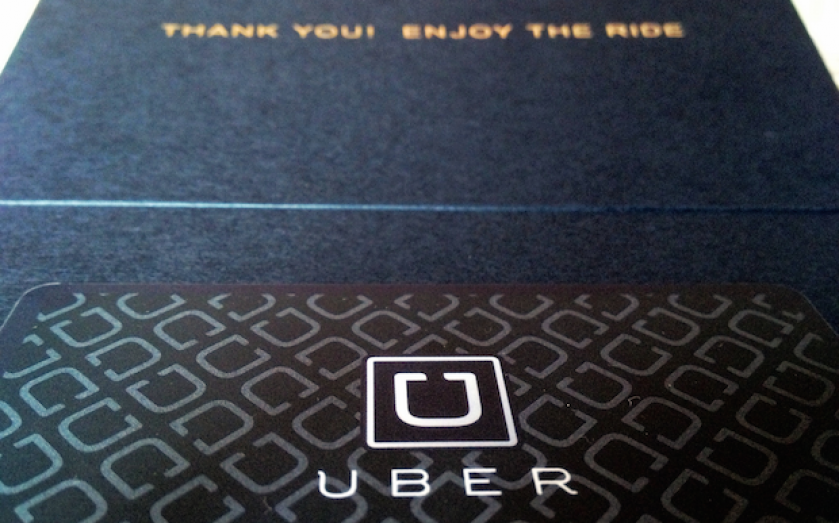Why banning Uber won’t save Belgium’s anachronistic taxi industry

A Belgium court has ruled that one of the world's most innovative taxi services, Uber, is now illegal.
Should the company have the temerity to continue its business it will be fined €10,000 (£8,200) for each violation.
It has been a quick end to the company's time operating in Belgium, which only began in February. Uber had been subject to mounting hostility from, you guessed it, the established taxi industry.
In March, Brussels' minister for public works and transport Brigitte Grouwels along with several taxi companies, had accused Uber of violating taxi regulations, according to newspaper De Tijd.
"We have absolutely nothing against an application like Uber. On the contrary, we would even want to integrate them into the traditional taxi sector," said Grouwels spokesman.
In effect, the Brigitte Grouwels of this world are demanding that Uber be subsumed into the monotonous and outdated taxi services Belgium consumers have had to endure for years. This is far from the first hostile encounter Uber has had to endure on the European continent.
France passed the so-called "15-minute" law, which requires taxi apps to wait 15 minutes after customers place a booking to pick them up. This anti-competitive measure wasn't enough to satisfy Paris taxi unions, which have since been calling for a "30-minute" law.
The lobbying was depressingly predictable from an industry that has remained roughly the same size since the 1950s. However, It is not only from interested lobby groups that Uber has been receiving flack, but the public has also been sceptical to say the least about the benefits of Uber's policy of surge pricing.
In December 2013, Uber's prices jumped to seven or eight times their usual amount in New York, when a particularly harsh spell snowstorms left New Yorkers scrambling for transport services.
While customers may have been irked by higher prices, Uber's policy is supported by the overwhelming majority of economists.
In January, 78 per cent of the IGM Economic Experts Panel agreed with the statement:
Using surge pricing to allocate transportation services — such as Uber does with its cars — raises consumer welfare through various potential channels, such as increasing the supply of those services, allocating them to people who desire them the most, and reducing search and queuing costs.
Scarce goods, such as taxi services in the wake of public transport failures, have to be allocated. Higher prices mean the few taxi rides available will be allocated to those who value them the most i.e. the ones willing to pay the highest price.
Uber's efficient use of pricing may strike some as unfair, but in reality there is no better way to allocate such a service. Belgium may have saved its taxi industry from having to up its game and limited its citizens capacity for choice, but the world of innovative taxi services will move onwards and upwards, with or without Belgium.
In an industry that started from nothing a few years ago there are now a host of app-based service companies with close to 12,000 vehicles.